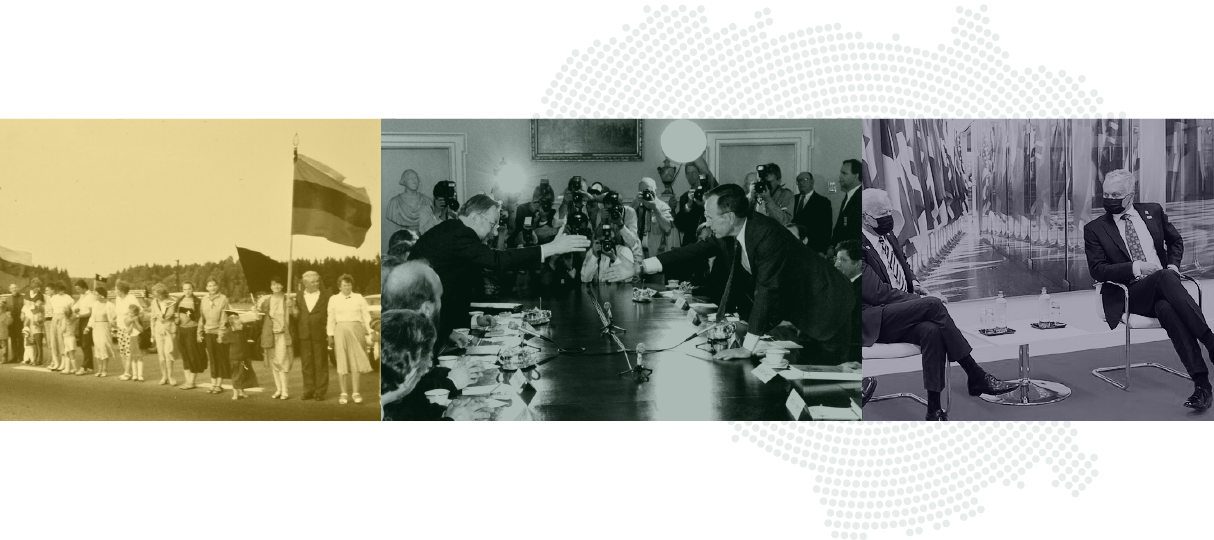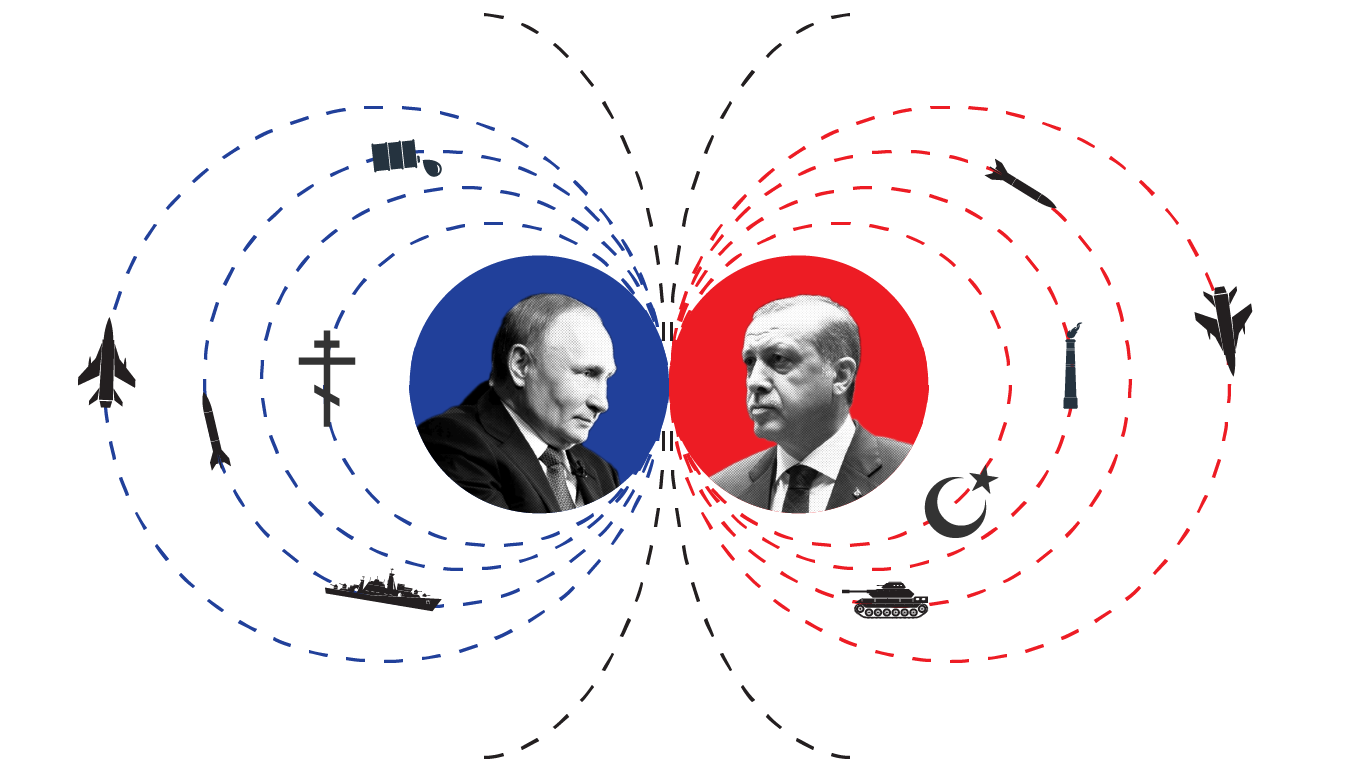A nation must think before it acts.

Special Reports provide in-depth analysis on a particular topic or issue and provide policy recommendations.
Engaging Russia over Syria: Managing Peripheral Conflict and Narrowing Interests
Executive Summary The United States is examining how to narrow core objectives in the Middle East to focus on improving military readiness and increasing the number of low-density, high-demand assets available for deployment in Asia and Europe. To...
Read more »Where are the Carriers? U.S. National Strategy and the Choices Ahead
Executive Summary As the United States seeks to prepare for a potential conflict with a peer-level adversary, the debate around the utility of the aircraft carrier—and its role in such a contingency—once again has resurfaced. Since the carrier’s...
Read more »Russia’s Coercive Diplomacy: Why Did the Kremlin Mass Its Forces Near Ukraine This Spring?
Introduction During March and April 2021, the Russian military conducted a large-scale buildup in its regions bordering Ukraine, including Crimea, which Russia annexed in 2014. Scores of videos appeared on TikTok, Telegram, Twitter, and other social media sites...
Read more »Reconceptualizing Lithuania’s Importance for U.S. Foreign Policy
This report is part of FPRI’s collaboration with Eastern Europe Studies Centre in Vilnius, Lithuania and can also be viewed here Executive Summary During the immediate post-Cold War period, the importance of Lithuania, along with other Central-Eastern...
Read more »How to Recalibrate U.S. Policy in the Middle East
Executive Summary Changes in the Middle East have not been sufficiently accounted for in U.S. policy towards the region. Instead, policy has lagged, grounded in anachronism. This report provides five policy recommendations to fix this problem: focus Middle...
Read more »Russia’s Nuclear Activity in 2020: A Show of Strength Despite COVID-19
Since the collapse of the Soviet Union, the Russian Federation's powerful nuclear arsenal has stood as a cornerstone of its political and military influence. In 2020, despite the COVID-19 pandemic and related restrictions, Russia's strategic nuclear forces maintained a...
Read more »Instability and Interrelated Conflict: Evolving Security Dynamics in the Middle East
The Foreign Policy Research Institute and the Konrad-Adenauer-Stiftung Syria/Iraq office convened a two-day virtual dialogue that brought together experts and policymakers from the United States, European Union, and Middle East to discuss developments in the region. A...
Read more »Re-Thinking Assumptions for a 21st Century Middle East
American policy in the Middle East is based on outdated assumptions. It is time for U.S. policymakers to cease their old ways of thinking and take a fresh look at the region to determine how new realities might demand...
Read more »Cooperation, Competition, and Compartmentalization: Russian-Turkish Relations and Their Implications for the West
Executive Summary The relationship between the Russian Federation and Republic of Turkey is one of the most important bilateral relationships in Eurasia today. The North Atlantic Treaty Organization’s (NATO) original adversary and one of its earliest members have...
Read more »Labs over Fabs: How the U.S. Should Invest in the Future of Semiconductors
Executive Summary The U.S. semiconductor industry faces an existential competitive threat. China’s efforts to catch up and eventually overtake the U.S. in semiconductor technology is not only an economic challenge—it is also a security threat. The Trump administration’s decision...
Read more »












